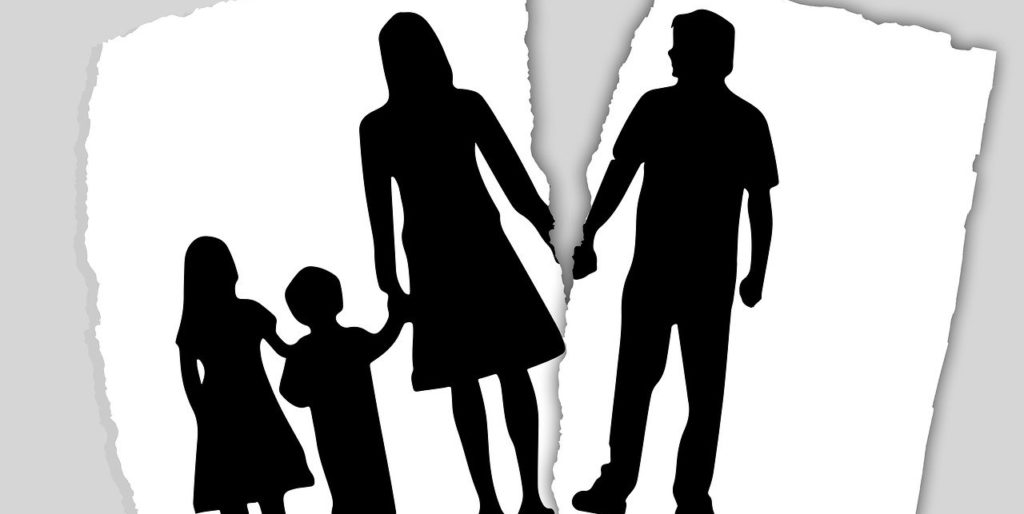- ‘Misguided campaign’ is being waged to outlaw parental alienation - January 31, 2024
- There is no moral equivalency between Israel and Hamas - November 14, 2023
- Why the Gaza war matters to the legal profession and law schools - November 7, 2023
By Paul Russell, LegalMatters • In times of crisis such as the current COVID-19 pandemic, it is imperative that people still have meaningful access to justice, says Toronto lawyer Gene C. Colman.
“The public has to be assured that even in extraordinary times, their legal issues are going to be dealt with,” says Colman, principal of the Gene C. Colman Family Law Centre. “This is a fundamental aspect of our civil society.”
In mid-March, the Superior Court of Justice (SCJ) and the Ontario Court of Justice (OCJ) announced regular operations would be suspended, with everything but “urgent” matters put off for months.
While he understands the rationale for that move, Colman tells LegalMattersCanada.ca the problem comes in deciding what fits within that definition.
“From a family law perspective, if one parent has de facto control of the kids, and the other parent is getting no contact, that is an ‘urgent’ matter that has to be dealt with,” he says. “With young children, there is no makeup time if one parent is denied access all summer long. He or she is missing out on key stages of that child’s development, and that has to be addressed.”
‘Urgent’ matters hard to define
In a March 15 memorandum to the public, legal profession and media, Ontario Superior Court Chief Justice Geoffrey B. Morawetz declared, “The Court plays a fundamental role in our constitutional democracy. Access to justice for the most urgent matters must always remain available.”
Morawetz explained only “urgent civil and family matters that shall be heard during the suspension of operations,” before broadly outlining what fits within that definition.
At both the Superior and Ontario court levels, Colman says lawyers have to convince a triage judge their client’s matter fits the definition of urgent as set by the courts.
“The test is very, very high,” he says. “With all due respect, I believe that many triage judges who say a case is not urgent are taking a far too strict of a position.”
Triage judges are a roadblock
Colman gives two examples of that. In late March, a triage judge refused to allow a case to proceed where a woman sought to deny her ex-husband access to their son, since she believed he would not practise social distancing during his access periods.
“The health, safety and well-being of children and families remains the court’s foremost consideration during COVID-19,” the judge’s decision states, before adding, “in most situations, there should be a presumption that existing parenting arrangements and schedules should continue … [unless there is ] evidence or examples of behavior or plans by the other parent which are inconsistent with COVID-19 protocol.”
In another case in late March, a father sought the return of his two daughters to Nigeria, after they were taken to Ontario by their mother. In turning down the request to have this case expediently dealt with, the judge writes she understands “the father is anxious to proceed with the motion because he misses his children. He is no doubt worried about what he might see as an unfavourable status quo.”
In representing the father, a lawyer from Colman’s firm argued this matter should be heard immediately, “on the basis that it is an international kidnapping … adjourning to June 2, 2020 … would greatly prejudice the father’s case,” the judgment states.
“If something should be before the courts, let the people send in their materials by email, then set a date to have a video or telephone conference call, and let the justice system continue,” Colman says. “Access to justice is absolutely crucial for our society.”
He says it is ironic the Ontario government has deemed the LCBO and cannabis stores are essential operations during the coronavirus crisis, while the justice system is severely limited in its operations.
Perception of justice threatened
“This is just wrong for our society,” Colman says. “The courts are much more of an essential service than the LCBO.”
If triage judges continue to block family law cases from going ahead that don’t meet their strict definition of “urgent,” he says that will have serious consequences in the public’s perception.
“By putting the bar so high that it is almost impossible to reach, the courts are inviting disrespect for the system, and inviting people to engage in self-help, or to do as they please,” Colman says.
“We are all in a new reality now, and we all have to be reasonable, and work together to find solutions that will hold until the regular court system is reinstated.”
Through video-conferences or telephone conference calls, he says judges should be able to address cases that deserve to be heard.
“I agree that we can’t do a full trial on the phone, or through Zoom or other platforms, but we can carry out arbitrations and other simpler matters,” Colman says. “As Canadians, we can meet the challenge, and get through this crisis without sacrificing the right to justice for all.”
As he writes in a personal blogpost (I will link to it when posted), “When people despair of obtaining any justice at all, when they realize that the court will not even hear their disputes, what does that say about our society? What message does that send to the public?”

